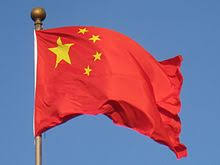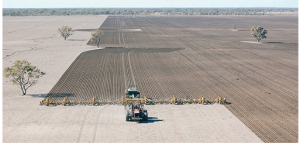Mailler’s excellent article ‘Why is Agriculture Different’, begs the big question of the extent to which the agricultural industry’s relationship with government policy has resulted in a viable, sustainable and world competitive Australian agriculture? And if not, is the government failing to defend the people?
Empirical data – as Mailler brings to the fore – tends to show that the relationship of agriculture with government policy (in the context of global competition and the myriad of factors that express themselves through industry performance data and trends), has resulted in the industry exhibiting signs of systemic failure. The ‘vital signs’ of this industry are not good.
If one sets aside short term factors of drought, flood, fluctuations of commodity prices and looks at the long term trends, it is inescapable that revenue has been ‘chased’ by costs and in some cases overtaken by costs. The trends are seemingly inexorable.
While in any industry there will be leaders and laggards and those who fall off the bottom, the situation for agriculture as Mailler points out is not just the ‘tail’ that’s failing – it’s many of the core businesses that make up the industry.
Whether one agrees or disagrees with past and current agricultural policy, one must surely accept the notion that the outcomes are not good?
So what of policy for agriculture?
Governments have a primary duty to ‘defend the people’ and see to their wellbeing.

Photo: Courtesy Veeoz
For a couple of hundred years, most ‘western’ governments have taken this duty to extend from:
- basic ‘human rights’ of health and education systems (safe drinking water, sanitation systems, hospitals, primary, secondary and tertiary education), through …
- reform and development of democracy (wide range of concepts of what is democratic!)
- military defence of their territory and its people from aggressors and on to…
- making their industries competitive in the markets where their goods and services are sold.
Governments develop and implement POLICIES to cover all these aspects and more of our national life in pursuit of their big job to ‘defend the people’.
Importantly, governments generally see it as prudent to make the nation’s export industries profitable and sustainable in the longer term because their profits contribute so much of the resources to fund the implementation of all other policies!
One of my observations in Australia over the last 40 years or so is that agriculture has been progressively de-capitalised and made less resilient as a result of government policy. Local control of the industry is being lost as new capital, new vision and new policy comes in from overseas. Continue reading “Is our current agricultural policy defending the people?”
 China buys 30% of Australia’s exports.
China buys 30% of Australia’s exports.


